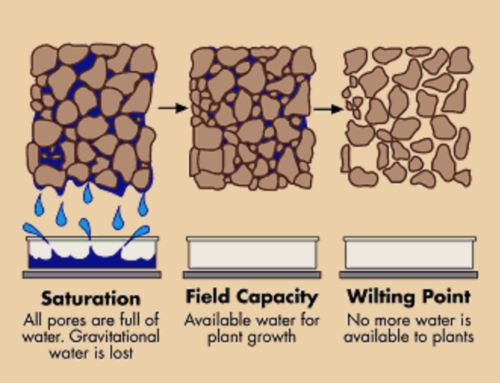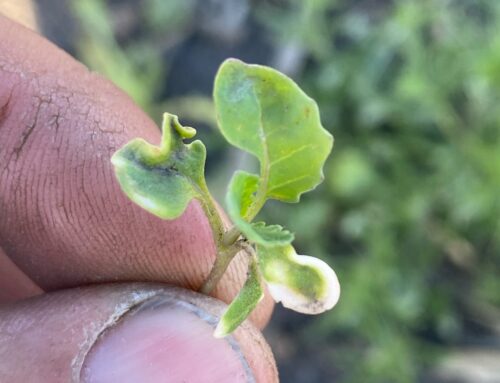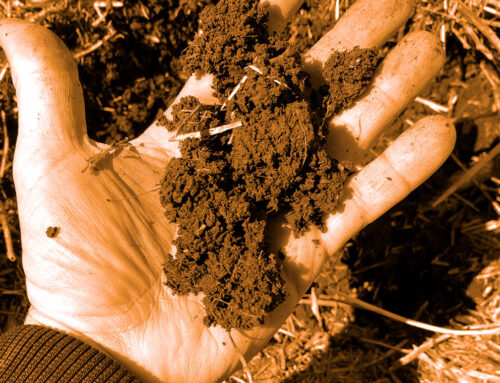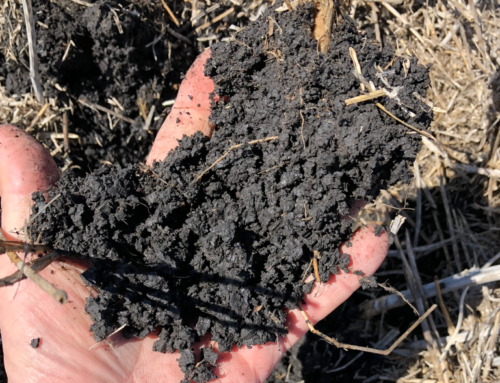The face of farming has changed over time from breaking ground and ploughing with a horse to GPS, autosteer equipment, and autonomous tractors. If you were to survey people about their feelings of change, most would say they don’t like it. Humans are hard wired to perceive change as a threat and usually respond with a “fight or flight” reaction. Although we feel that we’ve evolved and are more sophisticated beings, we still inherently revert to what we are familiar and comfortable with when dealing with change.
Farming has seen major changes in the last few decades. My father-in-law has said that technology has changed more in the last 20 years than it had in his first 40 years of farming. Farms have increased in size, adding employees, equipment, new technologies requiring a whole new level in management.
Knowing what we know about our resistance to change, here are a few tips when implementing new ideas on the farm.
- Give yourself time to adjust – If you plan on using a new product, a new piece of equipment or a new management system it might be best to do some on-farm trials on a few acres for a couple of years to collect enough data upon which to base you decisions. You will also get to see the field’s performance under different growing conditions, which change from year to year. Change, therefore, becomes familiar, predictable and controllable and you will have less resistance or uncertainty with it.
“…change is inevitable, and when it happens, the wisest response is not to wail or whine but to suck it up and deal with it.” – Dan Pink
- Have an open mindset – Many producers find it hard to break from traditions, especially when faced with uncertainties. They learnt how to farm by following their fathers and maybe their grandfathers, who followed the elders before them. Just because “we’ve always done it that way” doesn’t mean that it’s the best or most profitable way to farm. Knowing your production numbers and reviewing your ROI gives you the confidence to base decisions on facts and outcomes vs resorting to what’s always been done.
“Progress is impossible without change, and those who cannot change their minds cannot change anything.” – George Bernard Shaw
- Keep an eye on the Future – When the land was first broken to grow crops, producers did not have fertilizers or pesticides to rely on. Plows and summer fallow were a necessary evil but resulted in major erosion problems. Farmers today have many new tools at their disposal that have significantly reduced our impact on the environment. With concerns about climate change and how agriculture impacts the environment, end users are demanding food that is produced in a more sustainable manner. There are many discussions being had right now around regenerative agriculture, soil health and sequestering carbon. There are groups calling for bans on various pesticides that could have a significant impact on your current farming practices. We may be forced into adopting new practices whether we want to or not. Is it better to wait until it happens to try and figure it out or are you better to be proactive and ready to implement them when the time comes?
“If you want to make small changes, change the way you do things. If you want to make big changes, change the way you see things.” – Canadian rancher Don Campbell
In summary, nobody really likes change, however it is constant and inevitable. To best way to avoid the pain and hardships is to accept that change will occur, take the necessary time to adjust to the new reality, keep an open mindset and take ownership of these changes by educating yourself and others around you. New opportunities are born from today’s challenges and changes. Leave a comment on some challenges you’re turning into opportunities on your farm.









